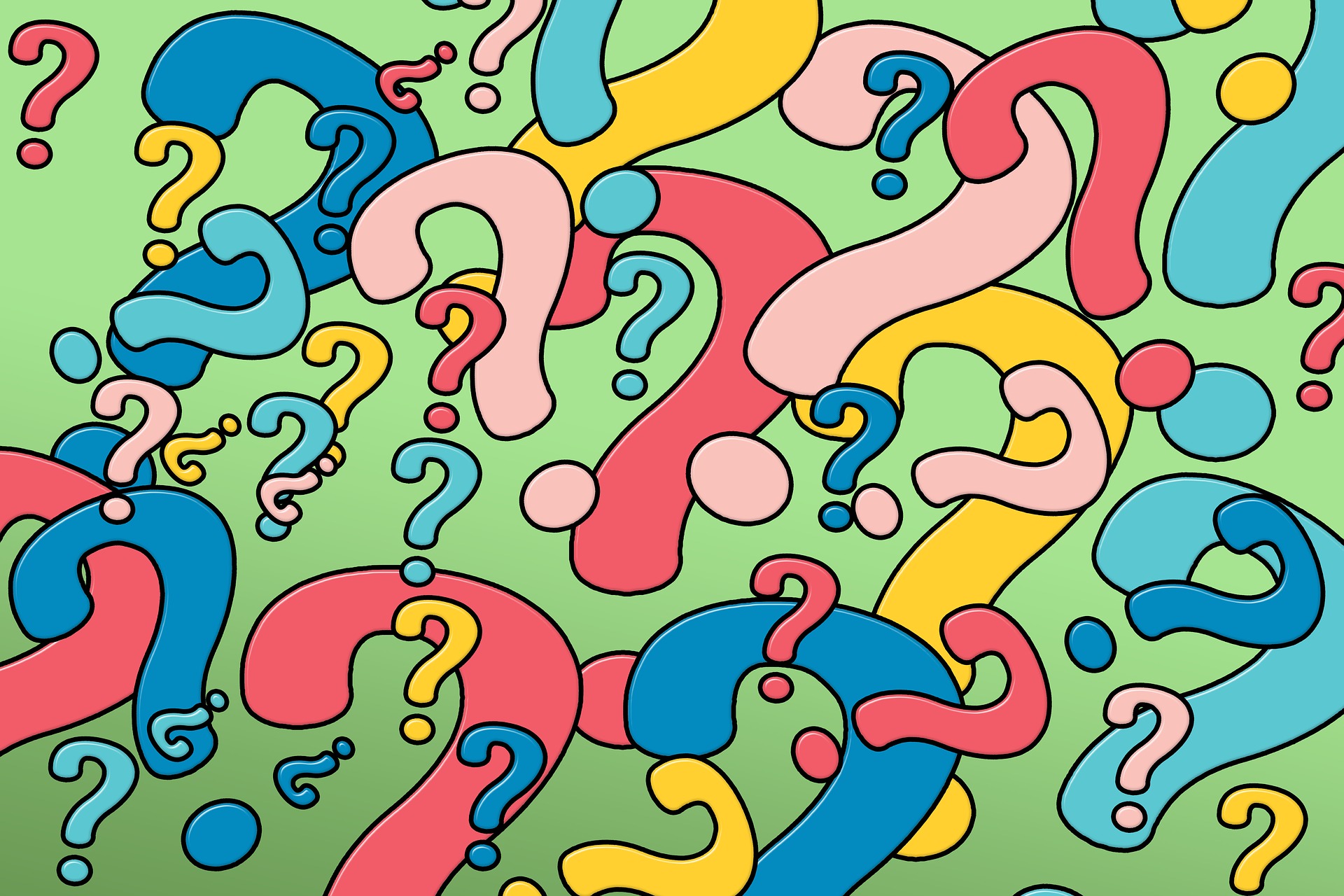 What questions do students ask you? How do you respond? Do students sometimes seem reluctant to ask questions? How might we encourage them to be more forthcoming? How can we encourage better dialogues between academics and students?
What questions do students ask you? How do you respond? Do students sometimes seem reluctant to ask questions? How might we encourage them to be more forthcoming? How can we encourage better dialogues between academics and students?
These are some of the questions that our Principal’s Teaching Award Scheme (PTAS) project sought to address. The project was motivated by the observation that academics and students sometimes talk at cross-purposes, and we realised that effective dialogues form an important part of good teaching and learning. Our aim was to understand the conditions in which good dialogues happen, as well as the barriers to dialogue so that teachers and students could be supported to have better communication.
We interviewed seven teachers (lectures and demonstrators) and seven students (undergraduates and masters students) from three academic domains: Education, Vet School and Informatics, and asked them to describe a conversation that was ‘successful’ and one that was ‘difficult’. Here are some of the key findings:
Summary of Key Findings
Overall students had a high degree of satisfaction with how teachers answered their questions, and all teachers we talked to welcomed questions from students.
Why don’t they ask questions?
Many teachers commented that students seem reluctant to ask questions, with some putting it down to students not wanting to ‘lose face’. Students themselves gave a range of reasons including a) worry about the group size, b) worry about negative reactions from peers or teachers c) not wanting to waste others’ time.
An awareness of the (perceived) time pressures of teachers was also common: one student commented:
I probably would only approach them at the end of a lecture. I might not catch them around the School. I feel like I might be interrupting something. They might be trying to go somewhere.
Listening
A key issue for students was feeling that they were being listened to. Students appreciated this when it happened, but were frustrated when they felt that teachers weren’t listening:
I think the lecturers should listen to us more rather than just talking on and on and on.
Communication
Students mentioned a range of worries about communication including how to phrase a question, or who to direct their question to. Non-UK students also mentioned difficulties in expressing themselves in English and the impact of cultural differences.
One of the most obvious culture differences appears on thinking method. Roughly speaking, western people are more explicit and eastern people are more implicit.
For teachers, communication challenges were less common, though the difficulty of understanding students with a strong accent was a concern.
Strategies
Teachers (and students) discussed a number of strategies to encourage productive dialogues.
The most common was to use questions when answering a question, rather than giving a direct answer. This helped the student to think through the reasoning themselves and gave teachers information about how much they understood.
Teachers in laboratory settings also commented that it was important to be proactive in approaching students. One added:
You can tell they don’t know what to do but they’re too scared to ask…So in that class I have to start the conversations.
We hope that this project is the start of a dialogue about dialogues! So please get in touch with your experiences of conversations that you’ve had with students, – what problems have you come across and what strategies have you used to make dialogues more productive?
More detailed results will be described in an information sheet which will be available on the PTAS website and in an upcoming publication.
For more information on PTAS projects around the University, see these Teaching Matters articles:
Principal’s Teaching Award Scheme
Development of Graduate Attributes in online distance learning students
How do students view assessment



